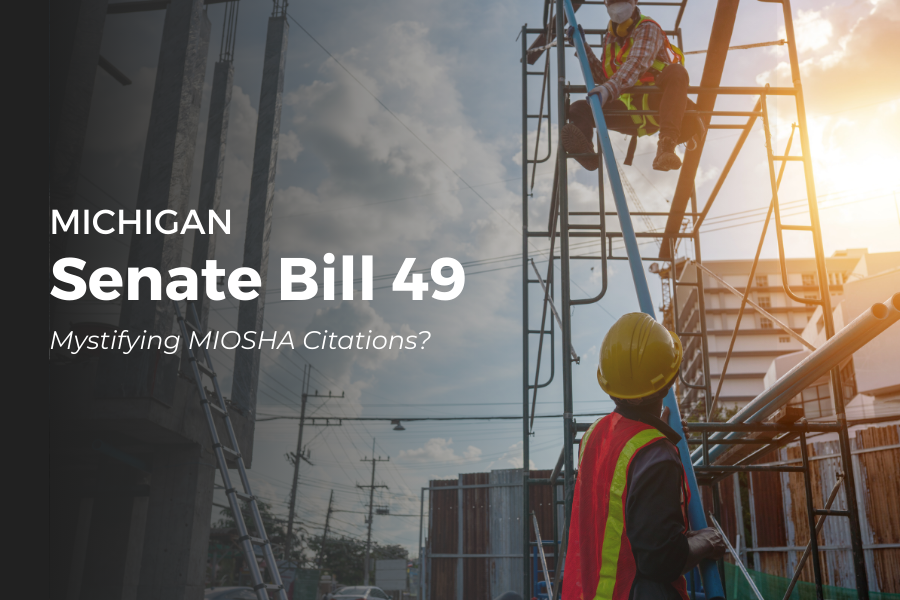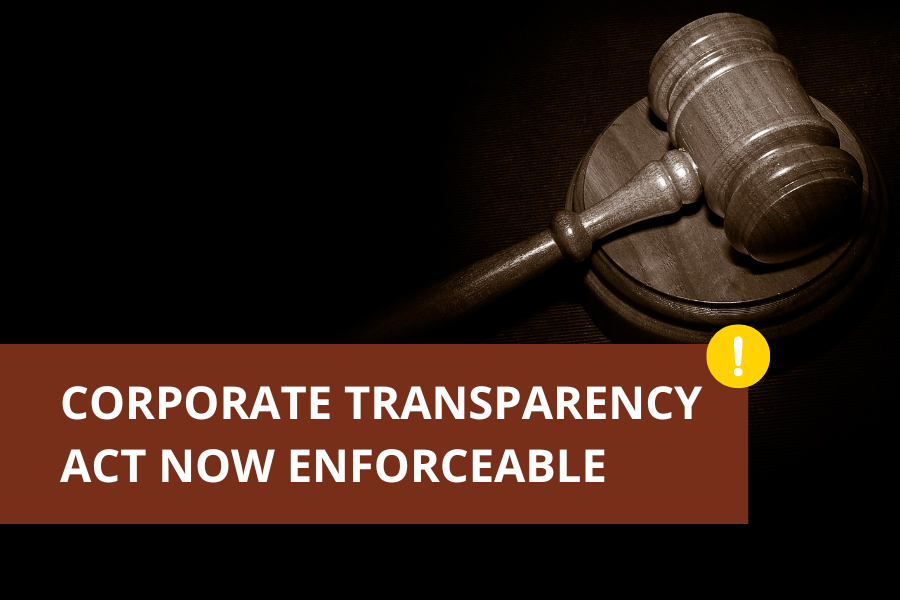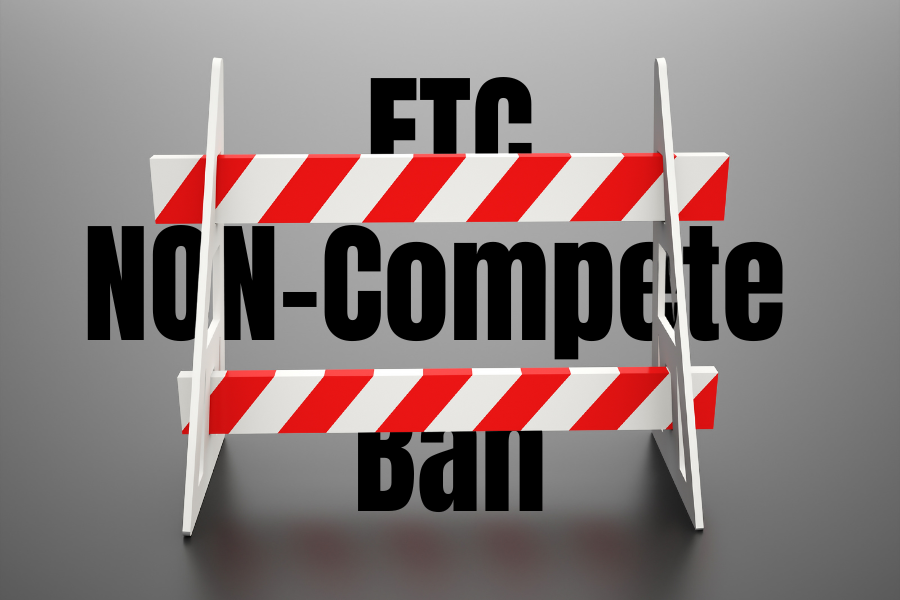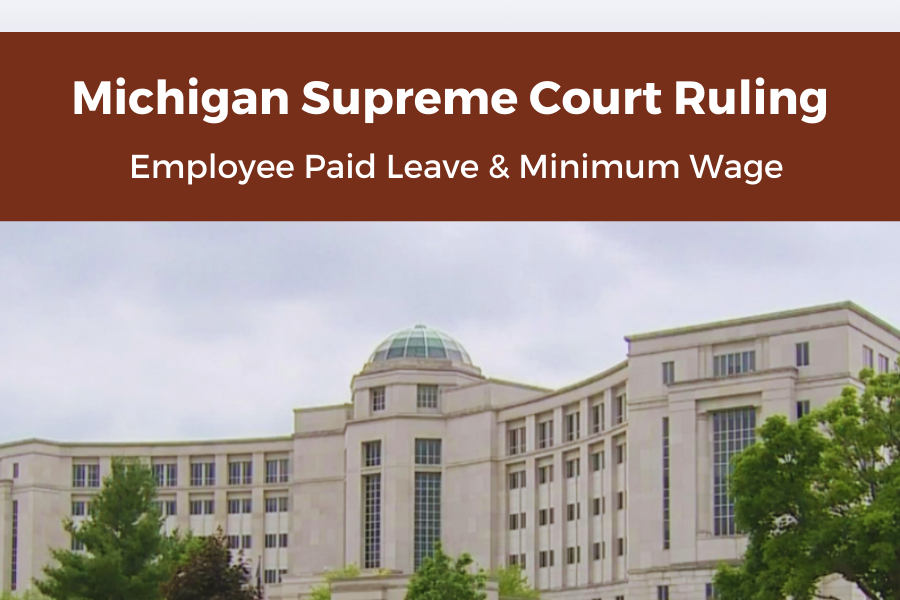Michigan Supreme Court Gives Homeowners Exclusive Power of Avoidance When Contractor Lacks License
By Suzanne Sutherland
The Michigan Supreme Court recently issued a decision that determined if an unlicensed builder is entitled to payment when he makes a contract with a homeowner. Epps v. 4 Quarters Restoration & Emergency Insurance Service (September 2015). The Supreme Court decided that an unlicensed builder could be compensated, and that contracts between a homeowner and unlicensed builder are enforceable, but only at the homeowner’s option.
In July 2006, Danny and Joyce Epps’ Detroit home was flooded. The Eppses contacted their insurance company, Auto Owners, and were referred to Troy Willis of 4 Quarters Restoration and Emergency Insurance Services. Willis showed the Eppses a book of prior work that included a copy of his residential builder’s license. But Willis didn’t tell the Eppses that his license was revoked six months earlier. The Eppses hired Willis, authorizing him to sign insurance checks on their behalf and collect the claim proceeds directly from Auto Owners.
Willis received $128,000 in insurance payments for restoration work on the Epps’ home. The Eppses then disputed whether the restoration was satisfactory and complete. The Eppses claimed that Willis was never entitled to payment because it is against Michigan law for an unlicensed builder to perform restoration work on a residential property. The Eppses sued Willis for conversion, arguing that Willis had no right to cash the insurance checks and had essentially stolen from them.
The Supreme Court determined that the prohibition on residential work by unlicensed builders was intended to protect homeowners. If the contract was void, neither the homeowner nor the unlicensed builder could enforce it. That might limit a homeowner’s recovery in some circumstances. Even though an unlicensed builder can be paid for work on a contract with a homeowner, only the homeowner can sue if problems arise. The Supreme Court concluded that the homeowner can decide unilaterally whether to enforce the contract.
The Supreme Court showed little sympathy to unlicensed builders that violate Michigan law, and adopted an approach that best protects the interests of homeowners.










